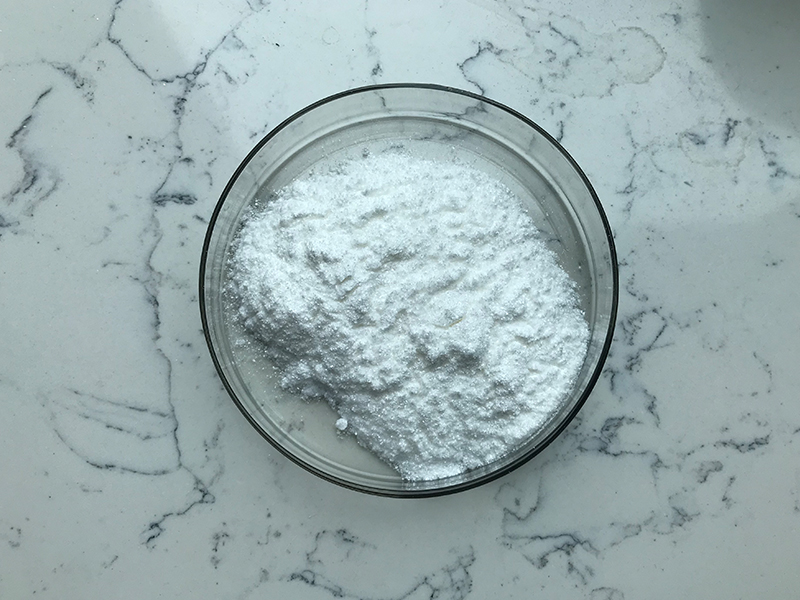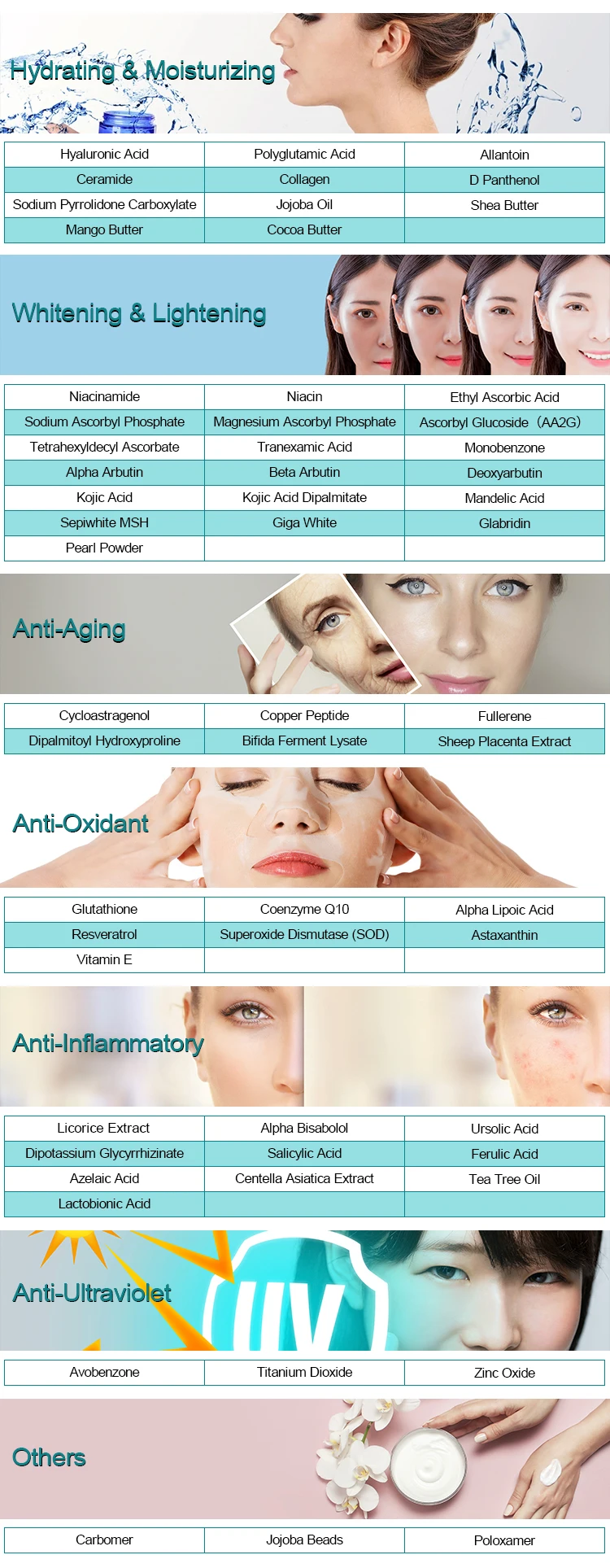Kojic acid dipalmitate is a derivative of kojic acid, a natural compound that is commonly derived from various fungi, particularly species of Aspergillus. Kojic acid itself is known for its skin-lightening properties and is often used in the cosmetic and skincare industry to address issues such as hyperpigmentation and dark spots.
The process of creating kojic acid dipalmitate involves modifying kojic acid by esterifying it with palmitic acid. This chemical modification enhances the stability and solubility of kojic acid, making it more suitable for cosmetic formulations. The resulting kojic acid dipalmitate is an ester that is believed to have similar skin-lightening properties to kojic acid but with improved stability and less susceptibility to oxidation.
The use of kojic acid and its derivatives in skincare products is primarily attributed to their ability to inhibit tyrosinase, an enzyme involved in the production of melanin. Melanin is responsible for the pigmentation of the skin, hair, and eyes. By inhibiting tyrosinase, kojic acid dipalmitate can help reduce the production of melanin, leading to a more even skin tone.
It’s important to note that while kojic acid and its derivatives are widely used in skincare, there can be variations in individual skin reactions. Some people may experience skin sensitivity or irritation, so it’s advisable to perform a patch test before using products containing kojic acid dipalmitate, especially for those with sensitive skin.
Additionally, the regulatory status of kojic acid and its derivatives may vary by region, and it’s essential to comply with local regulations and guidelines when formulating or using skincare products containing these ingredients. Always consult with a dermatologist or skincare professional for personalized advice based on your skin type and concerns.

The pros and cons of Kojic Acid Dipalmitate
Kojic Acid Dipalmitate is a derivative of Kojic Acid, a natural substance derived from fungi. It is often used in skincare products due to its potential skin-lightening and brightening properties. Like any cosmetic ingredient, Kojic Acid Dipalmitate has both pros and cons, and its effectiveness can vary from person to person. Here are some of the potential pros and cons:
Pros:
Skin Lightening: Kojic Acid Dipalmitate is known for its ability to lighten skin and reduce the appearance of hyperpigmentation, such as age spots, sun spots, and melasma.
Stability: Unlike Kojic Acid, Kojic Acid Dipalmitate is more stable and less prone to oxidation, which means it can have a longer shelf life and remain effective for a more extended period.
Less Sensitizing: Some individuals may experience less skin irritation with Kojic Acid Dipalmitate compared to Kojic Acid. This can be beneficial for those with sensitive skin.
Antioxidant Properties: Kojic Acid Dipalmitate has antioxidant properties, which can help protect the skin from damage caused by free radicals.
Oil-Soluble: Being oil-soluble, Kojic Acid Dipalmitate is more easily absorbed by the skin, potentially enhancing its effectiveness.

Cons:
Effectiveness: While Kojic Acid Dipalmitate is considered effective in reducing hyperpigmentation, its results may vary from person to person. Some individuals may see significant improvement, while others may not experience the same level of effectiveness.
Slow Results: The skin-lightening effects of Kojic Acid Dipalmitate may take longer to manifest compared to other skin-lightening agents, such as hydroquinone.
Potential Sensitivity: While Kojic Acid Dipalmitate may cause less irritation than Kojic Acid, some individuals with sensitive skin may still experience redness, itching, or other adverse reactions. It’s important to patch-test any product containing this ingredient.
Regulatory Restrictions: In some regions, there may be regulatory restrictions on the use of certain skin-lightening agents, including Kojic Acid Dipalmitate. It’s essential to be aware of local regulations and guidelines.
Not Suitable for Everyone: Pregnant or breastfeeding women and individuals with certain skin conditions may be advised to avoid products containing Kojic Acid Dipalmitate.
Before incorporating any new skincare ingredient into your routine, it’s advisable to consult with a dermatologist, especially if you have sensitive skin or existing skin conditions. Additionally, always perform a patch test to ensure you don’t have an adverse reaction to the product.
